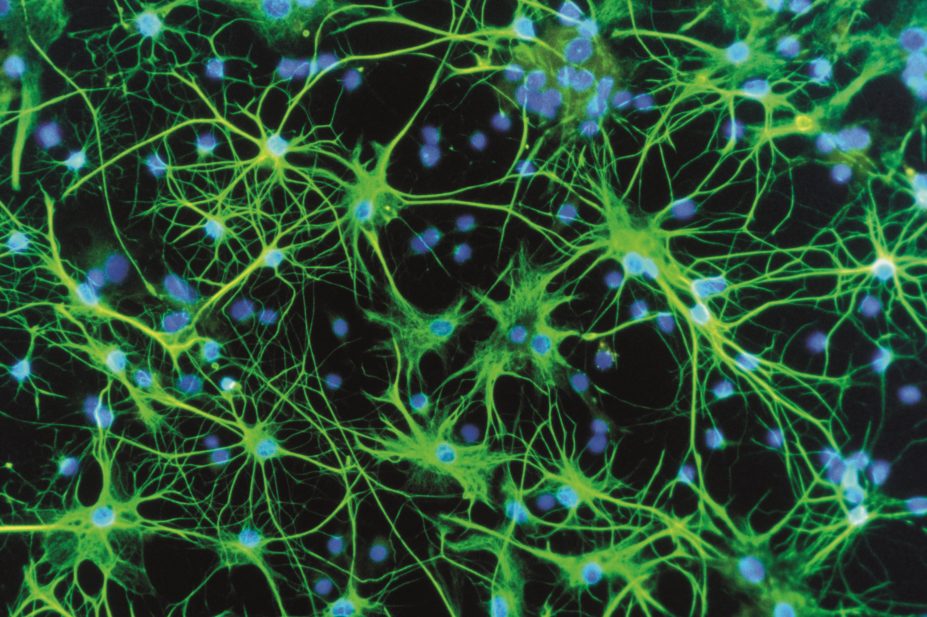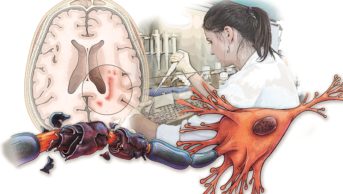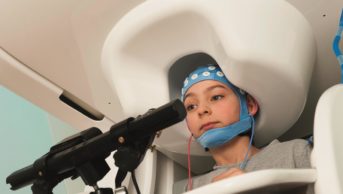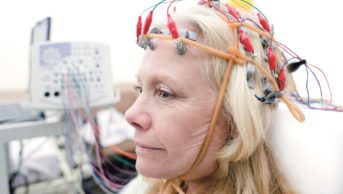
Nancy Kedersha / Science Photo Library
Selective serotonin reuptake inhibitors (SSRIs) are known to reduce intrinsic functional connectivity in brain regions implicated in mood regulation, but the full impact of SSRIs in the human brain is unclear.
Research in Current Biology
[1]
(online, 18 September 2014) reveals that 22 healthy volunteers given a single oral dose of the SSRI escitalopram exhibited an “acute and widespread” decrease in functional connectivity across the whole brain. Interestingly, connectivity decreased in most cortical and subcortical areas but showed a localised increase in the cerebellum and thalamus.
“Further research is needed to establish whether these serotonin-induced connectivity changes hold promise to translate into meaningful predictors for antidepressant response,” conclude Julia Sacher, from the Max Planck Institute for Human Cognitive and Brain Sciences in Leipzig, Germany, and co-authors.


